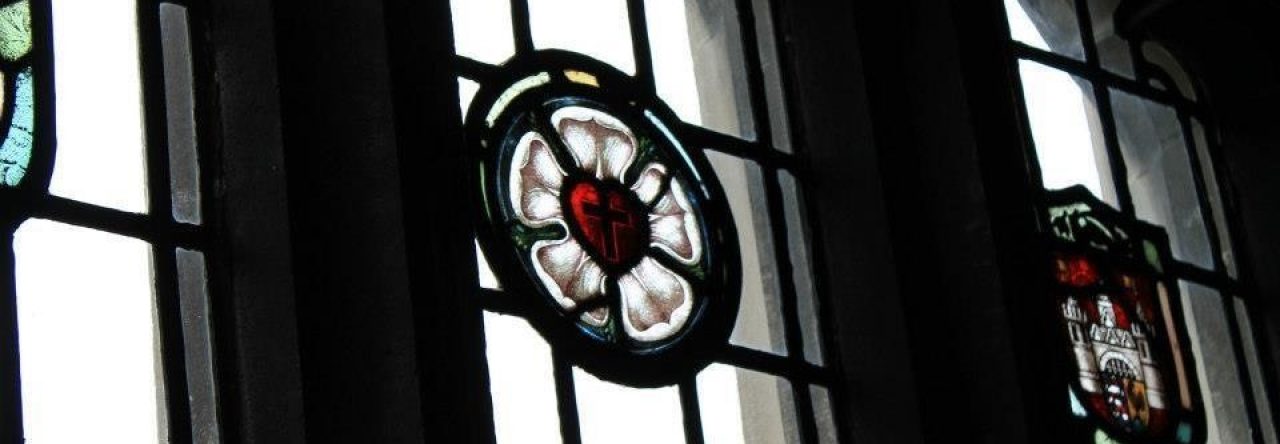“What you have as heritage, Take now as task; For thus you make it your own.” Jaroslav Pelikan introduced me to those words penned by Goethe. Embracing my heritage is often a difficult endeavor. Emotional baggage, past hurts, and a incredulous attitude toward all that has come before brought me to the depths of despair few years ago. Having grown up within the fold of Missouri Synod Lutheranism, the relationship was not always easy. Doctrines meant to comfort were wielded like weapons. Promises meant to soothe were yokes too heavy to bear. Rather than run from the abuses and misuses that I’ve witnessed and experienced, I choose to embrace the heritage for all it’s worth: good and bad, beauty and pain, perfection and flaw, strength and weakness. After all, the Church is the family that raised me in the faith. It was at her font I was born and it is from her table I eat. The faith that is my own was gifted to me by those who walked before. It is her faith, the faith of the Church, that I carry today; a faith of the past, lived out in the present, for the sake of the future.
That is why I write. To sort things out. To embrace what Pelikan called the “living faith of the dead” rather than the “dead faith of the living.” To put on the table my faults, fears, inadequacies, thoughts, feelings, perceptions, ideas, actions, and anything else that makes me who I am. And I put them out there knowing I’m not the only one, hoping to engage with others who are, like me, embracing the heritage that is their own. In that vein I leave you with the words of Jaroslav Pelikan from The Vindication of Tradition (New Haven, CT: Yale University Press, 1984, 81-81).
“By including the dead in the circle of discourse, we enrich the quality of the conversation. Of course we do not listen only to the dead, nor are we a tape recording of the tradition. That really would be the dead faith of the living, not the living faith of the dead. But we do acquire the “insight” for which Emerson was pleading when we learn to interact creatively with the “tradition” which he was denouncing. An older contemporary of Emerson’s, whom Emerson rightly regarded as the wisest and most universal mind of the century… Johan Wolfgang von Goethe, saw it all more deeply and said it all more clearly: What you have as heritage, Take now as task; For thus you make it your own.”
